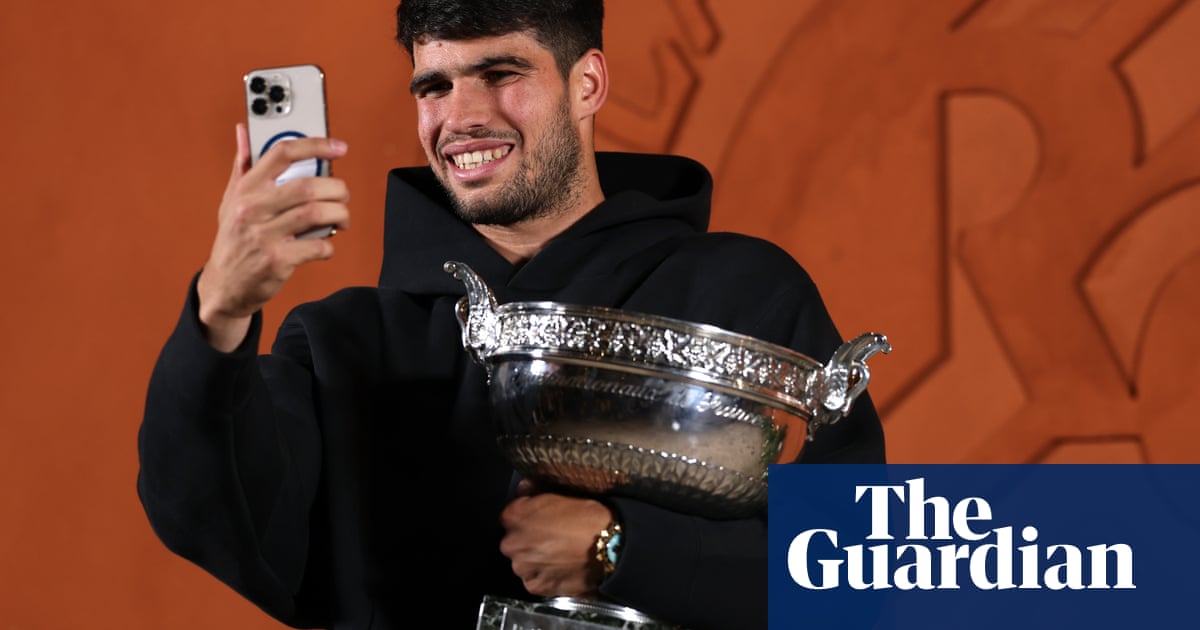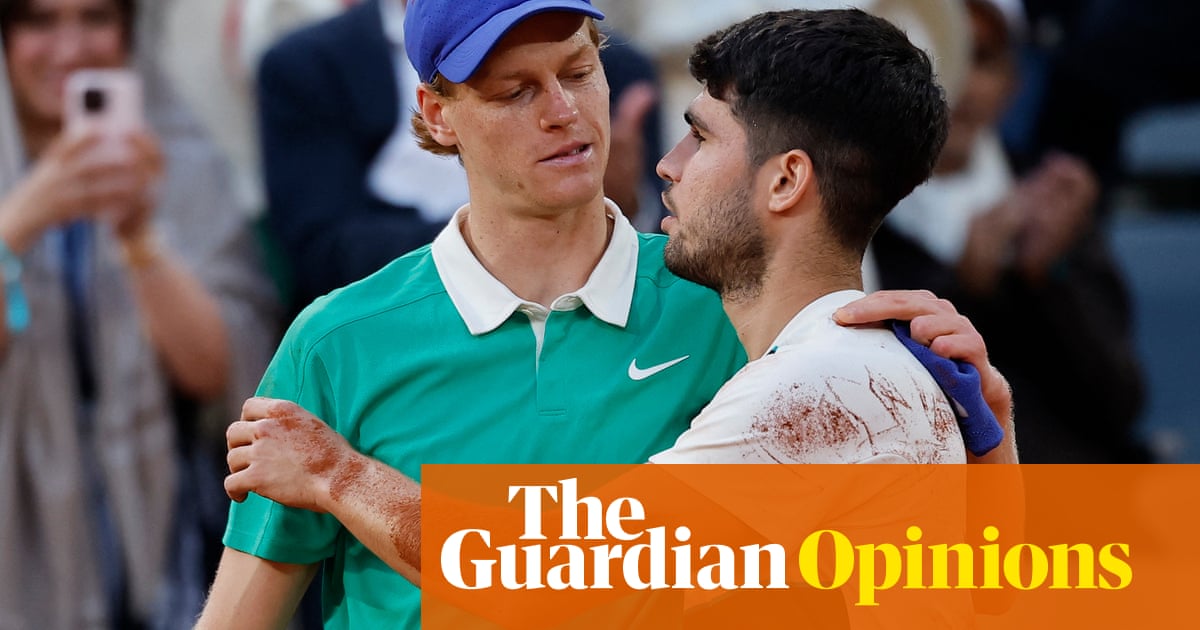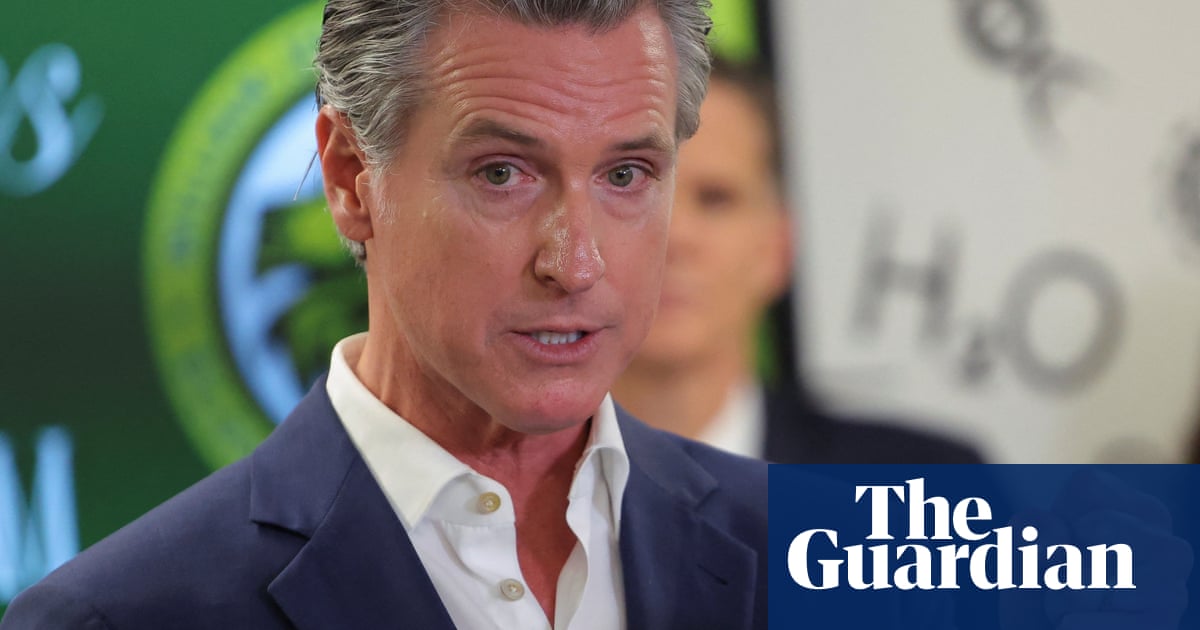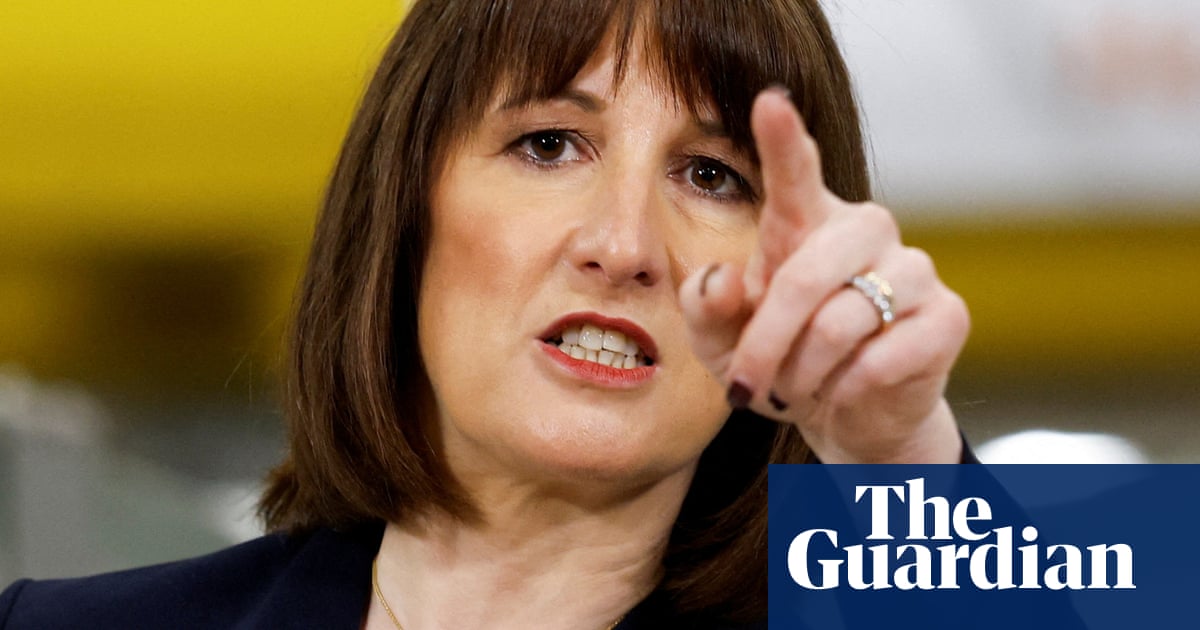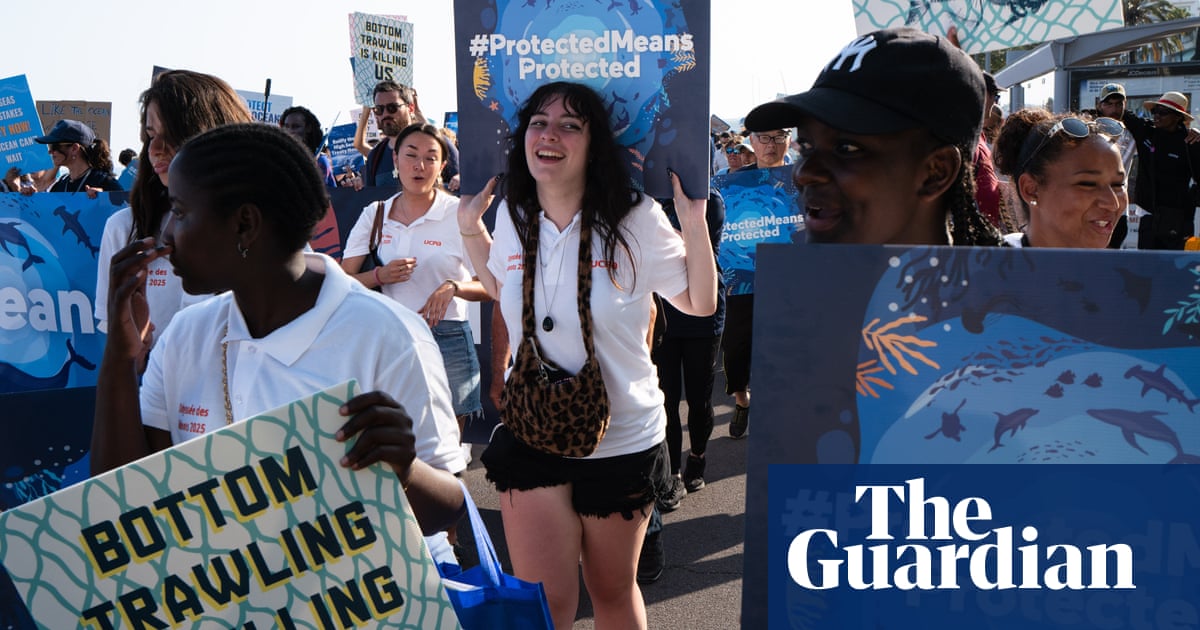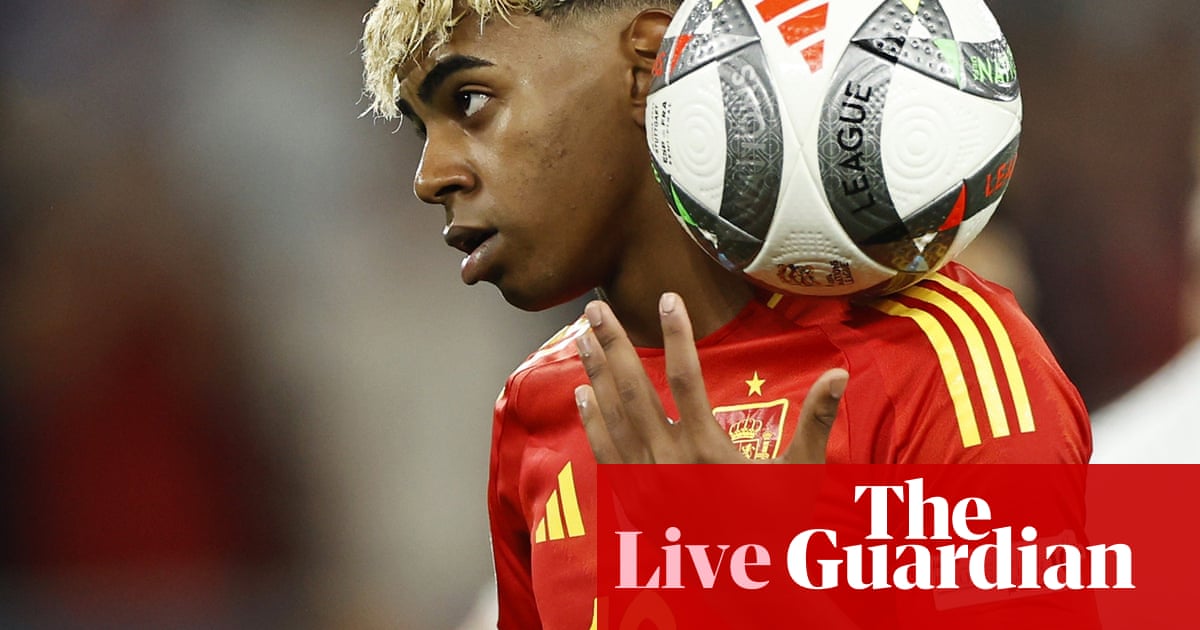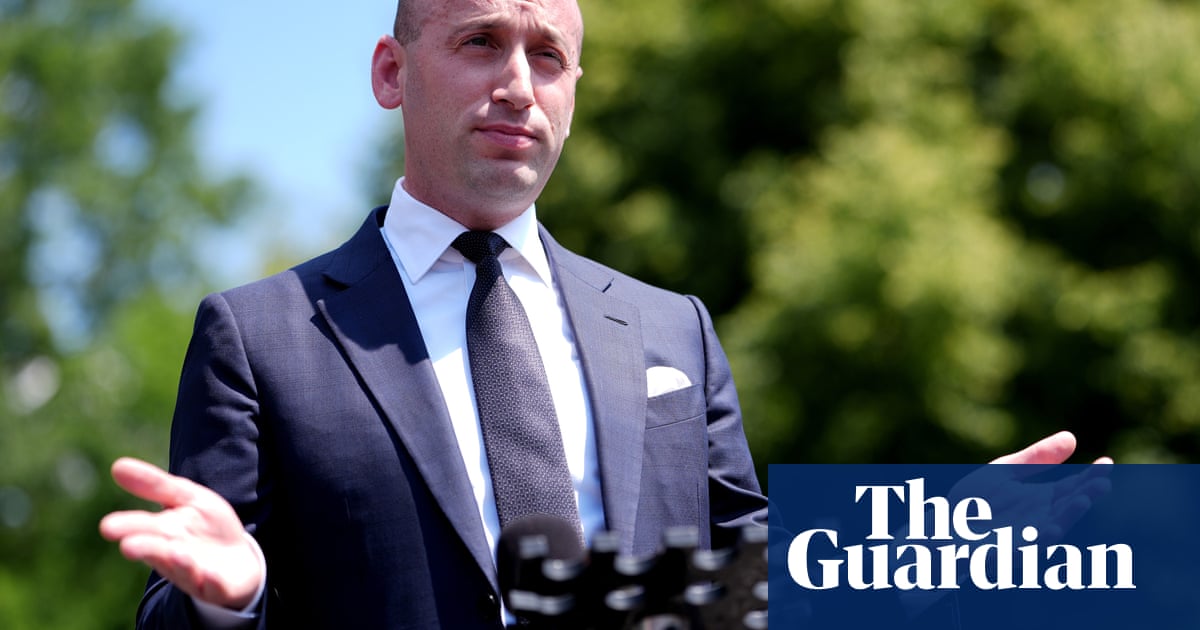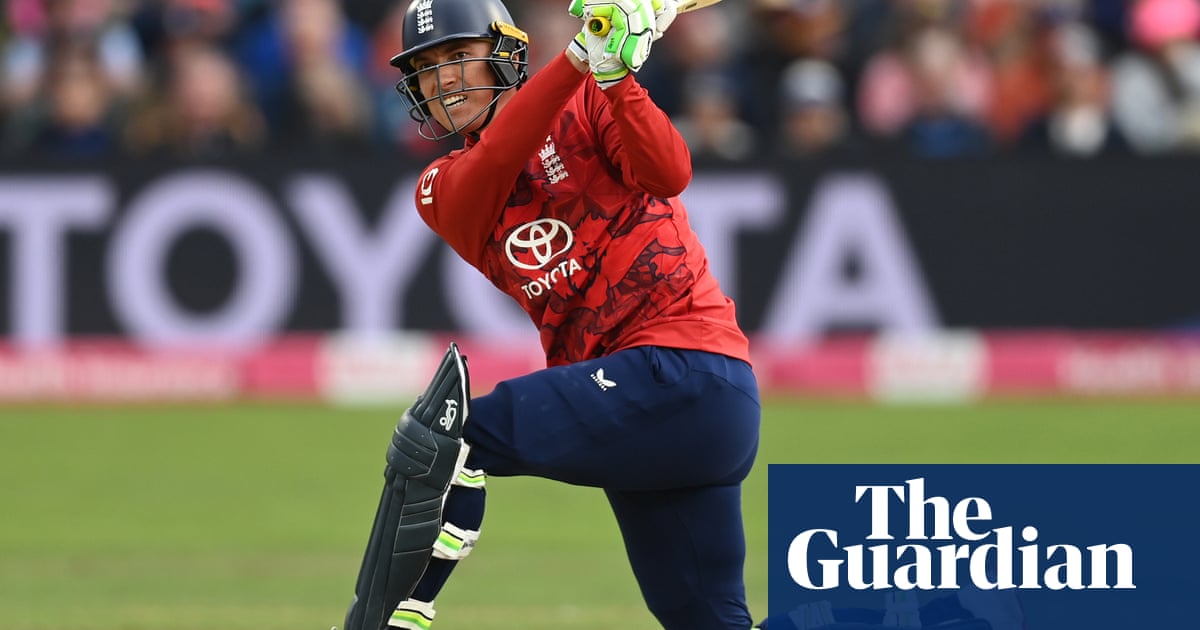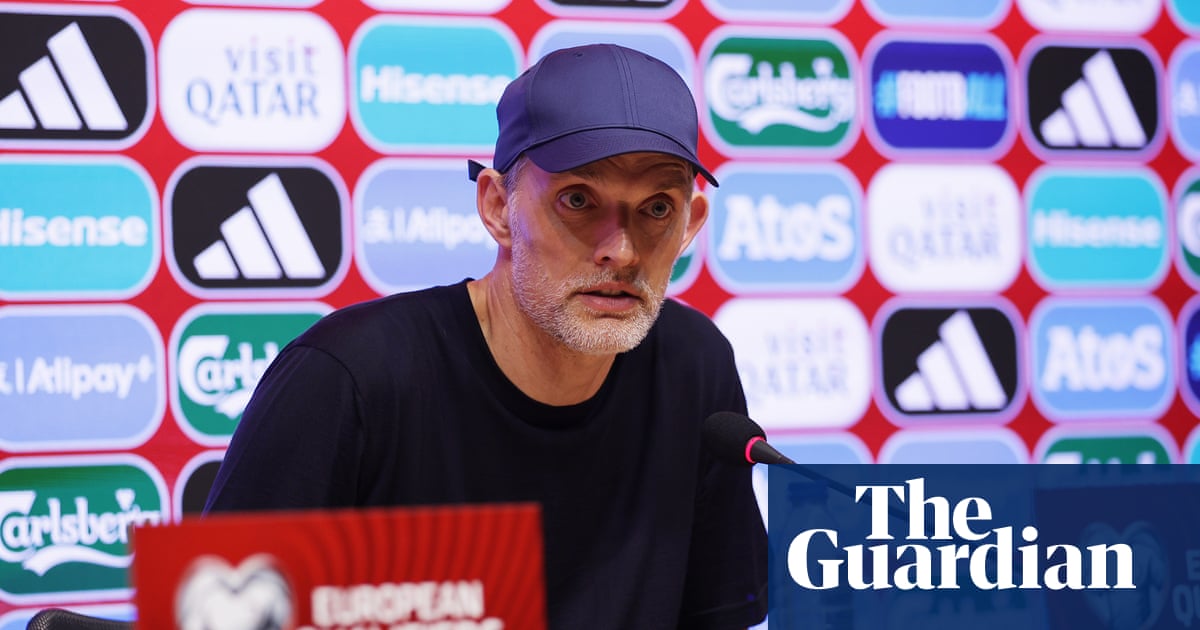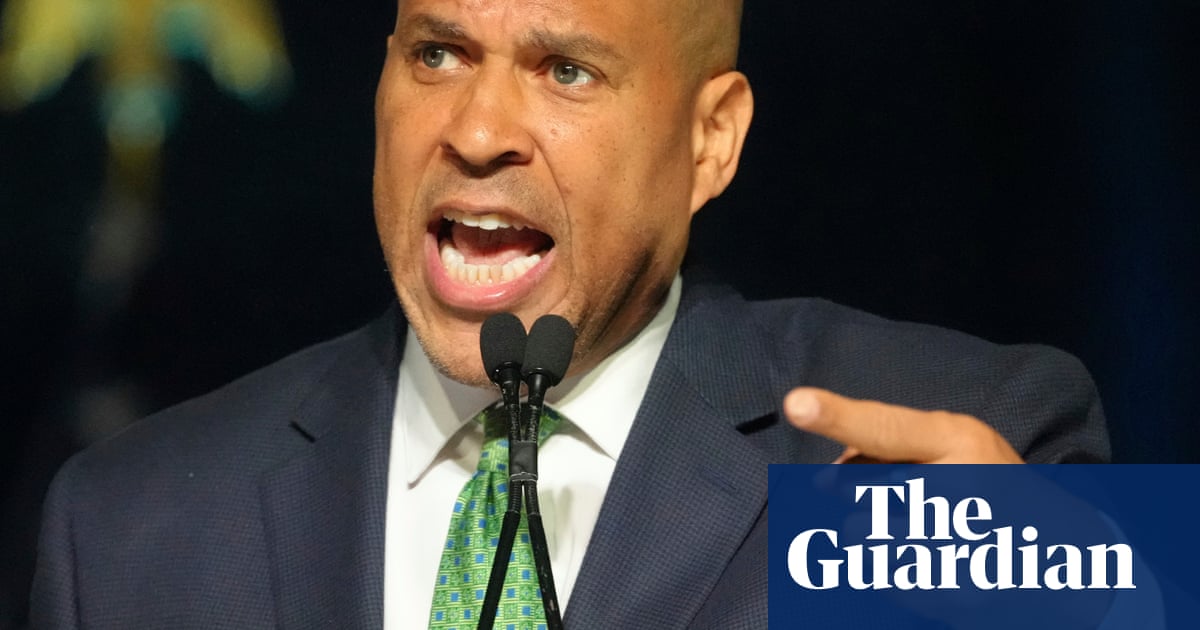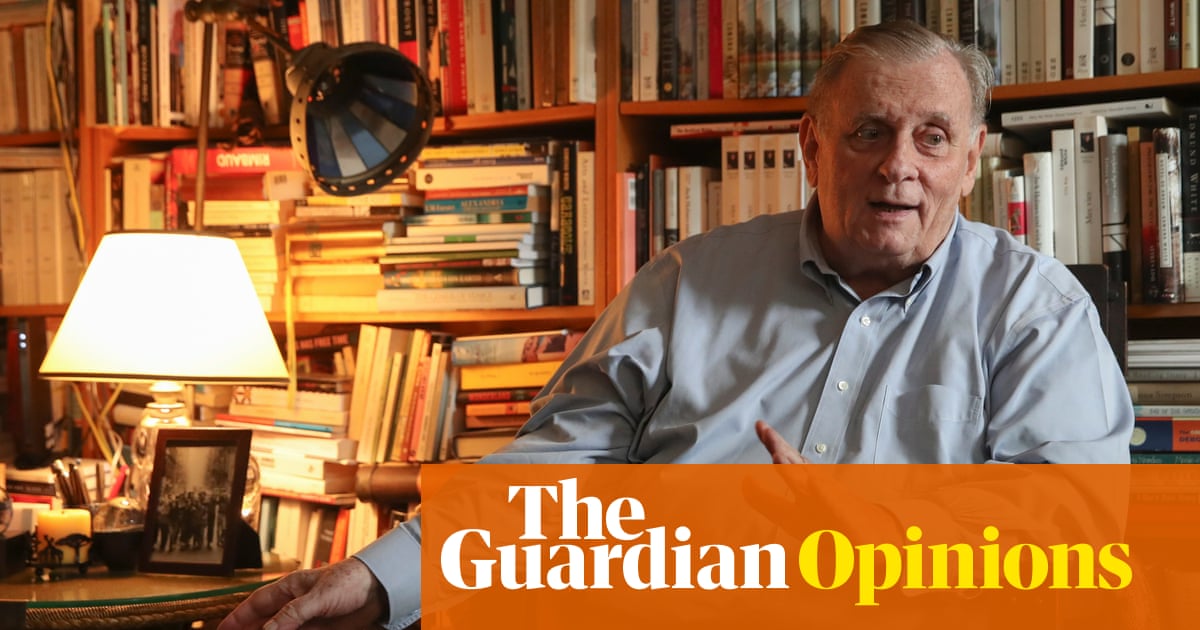“There’s no doubt that I was born with a special talent,” Peter Schmeichel says as he avoids wasting time with false modesty. After a remarkable career in which he won the Champions League, five Premier League titles and three FA Cups with Manchester United, as well as the European Championship with Denmark in 1992, Schmeichel speaks with the conviction which characterised his performances in goal.
Yet, during our revealing and surprisingly moving hour together, Schmeichel also explores the complex layers of his family history and tangled character as one of the world’s great keepers and now, at 61, a much more reflective man.
“A lot of people are born with a special talent and they don’t necessarily get to where they want to be,” Schmeichel continues. “But whenever I needed to meet the right person, they came into my life and helped me reach the next level.”
In an absorbing new film about his life, archive footage shows how Schmeichel always thought he was “superior” on a football field. What prompted this startling self-belief when he was so young and determined to be “a hero” in every game?
Schmeichel looks briefly uncertain. “I don’t know. It’s a really interesting question I’ve always wanted to answer. What made me this way? It’s also true when I became a professional. I felt superior. I felt I knew what was going to happen next.
“But, even having spent so much time looking into it, I still don’t have answers. It helps to understand where you came from and I can see so much of my mum in the way I am. I see so much of my father. But I also see a lot of my environment.”

The documentary makes a telling reference to the tragedy which befell his dad, Tolek, as a boy in Poland. Tolek’s father was killed on the day the second world war began and his mother was soon taken to a concentration camp – and Tolek never saw her again. It sounds so devastating that I press Schmeichel for more insight into his grandparents – as well as his father because Tolek eventually became a double-agent to escape Poland.
“My father wasn’t great with information,” Schmeichel says, “but there was a clear moment when I took him to Berlin for a few days. We went for a walk and all of a sudden he starts talking about his life. He explains that he came from Warsaw, through Berlin, to Denmark. He says: ‘I felt watched. I was so afraid and, as I’m walking through Berlin, they’re building the Wall.’
“He told me so much on that walk. It was the only time he spoke about it. In his later years I asked: ‘Can you not write stuff down or can I record an interview?’ He wouldn’t. It was a closed door.”
Did his dad talk about losing his mother to a concentration camp? “That’s the one thing he never spoke about – until the day he found out what had happened. My father had an urge to reunite with Poland. On one of these trips, in a pure coincidence in a bakery, somebody says: ‘Mr Schmeichel?’ This guy tells my father he was in the same concentration camp as [Tolek’s] mother. He says she was a hero because she was looking after everyone and fighting the guards for more food. But she was struck down by illness and died in that camp.”
A complicated expression crosses Schmeichel’s face. “It helped my father because he was in his 60s when he gets this information the first time. And it helps me understand where I get my strength from. It’s the one word that pops into my mind – strength. Why am I so strong?”
Schmeichel enjoyed great success but his father was an angry alcoholic for decades. “My father worked nights as he was a musician. I was awake during the day and he was asleep. When you look back you understand how hard he worked and how that affects your mood. But he wasn’t angry and aggressive all the time. He also believed you had to be the absolute best. I grew up with that belief but I wasn’t anywhere near my father in being aggressive – even if I was very aggressive on the pitch.”
He makes an important distinction about his commanding presence in goal. “A lot of it was by design. In the media we’d probably call it mind games but I wanted everyone I played against to be a little scared of me – or at least to be thinking about me.”
Schmeichel sees “that strength in my family. My mother [who worked as a nurse on cancer wards] was so strong and my father was, in many ways, very strong and very emotional.”
Emotion surged through Schmeichel but he controlled himself. He insists he only felt nerves before one game – on his debut for Brøndby in a European Cup quarter-final in 1987. “I’m so nervous I can hardly walk,” he says as he remembers approaching the pitch in Lisbon. Until then he had been a semi-pro who fitted carpets or worked in a supermarket. “I’m halfway through the tunnel and I stop. It’s like I stay here but the other half turns around and looks me in the eyes and says: ‘All your life you’ve been dreaming about moments like this. Why are you nervous?’ I decided never to be nervous again.”
His daughter Cecilie suggests that, when she and her brother Kasper were children, Schmeichel rarely showed emotion – apart from flashes of anger. “Absolutely,” he agrees, “but it was a different time and think about who I worked for. Alex Ferguson wanted ultimate strength, ultimate commitment. Top-level performances all the time. Bringing emotions into the equation might be seen as a weakness.

“But I now know, with hindsight and maturity, that if I brought personal issues to him he took it seriously. He loved me as a footballer. I was ideal for his team and he always helped me. I’ll give you a good example. When we started the [1998-99] treble season, I came directly from the World Cup. I just had a 10-day break after playing every game for a full year. I started making mistakes, with a big one against Sheffield Wednesday, and the media asked questions.
“We’re still in the Champions League group phase and I knock on his door and say: ‘Mentally, I’m exhausted. I need a little time off.’ Fergie doesn’t even look at me. He just says: ‘We’re fixing this.’ He looks at the schedule and says: ‘OK, you don’t have to play there. Take ten days out.’ I leave the office, and I’m flying. From that moment everything clicked again and we won the treble. I consider him to be the best football manager ever. For me, he was perfect.”
He and Ferguson had an earlier argument, after a 3-3 draw at Anfield, which Gary Neville describes as the most “ferocious” altercation he’d ever witnessed between two “madmen”. Schmeichel shrugs: “It was just adrenaline and stupidity.”
after newsletter promotion
In the documentary, Ferguson outlines how he told Schmeichel on the Monday morning that he would have to be sold. Schmeichel agreed and Ferguson suggests he only changed his mind after hearing the fiery keeper apologise to his teammates.
“That’s what he says,” Schmeichel tells me as he grins. “I don’t think there’s a chance in hell he would sack me. It’s not me bragging but he needed to make a really strong point. I was still very angry and made an apology to my teammates and nothing else.”
Although he regrets leaving United when he still had so much to give, that decision provided an ending like no other. Schmeichel’s last game for the club was when he captained them in the 1999 Champions League final and they came back from the dead to beat Bayern Munich with two dramatic late goals. The keeper is full of great stories about United and, especially, Eric Cantona, with whom he shared a room on so many trips.
“It was funny because Cantona never did any media. They thought he couldn’t speak English. I’m rooming with him and we’re laughing as I say: ‘How do you get away with this?’ I like Cantona a lot because he created this persona. There’s no doubt he is that. But he’s also a genuinely normal, very nice guy you can talk to about anything.”
Did Schmeichel bond with another combustible player in Roy Keane? “Not so much. Roy didn’t speak to many players but years later I’m in that big hotel in St Pancras. I walk into the breakfast room and there’s just one person there: Roy. I shake his hand and he goes: ‘Sit down.’ We had the most lovely breakfast conversation and it was just weird it took so long to do that. But we were driven people and he’s very different now.”

How does Schmeichel feel when he sees the current farce of United? “Of course it hurts. Slowly, year by year, we’ve been a little bit worse and we’ve had a lot of managers but no leadership from upstairs. I felt particularly sorry for Ole [Gunnar Solskjær]. He could have done a longer job if he’d had help from upstairs, which he didn’t.
“But I really like Ruben [Amorim]. It’s the first time I’m confident we’ve got the right guy. He knows what he wants. His communication skills are terrific and he’s brave. He answers every question and comes across as a very strong leader. That’s what we need.”
Does he have qualms about Amorim sticking rigidly to a 3-4-3 system which does not suit his squad? “He sticks to what he knows. But the real issue is that the squad is so expensive and so many players are on high wages. Tweaking the squad is nearly impossible now.
“It bears resemblance to the late 80s, when Sir Alex came in with a very clear project. I was told by key people on the board then, like Maurice Watkins and Martin Edwards, that his job was never in danger because they knew exactly what he was doing and what was coming. I hope the club looks at Amorim the same.”
The systemic problems with United centre on the Glazers’ irresponsible ownership but, curiously, Schmeichel avoids criticism of Sir Jim Ratcliffe who runs a failing football club. “I don’t want to say anything good or bad about that. It’s important to give them time as well, because the club has not functioned for many years.”
Schmeichel is far more genial than the abrasive keeper of United folklore. His daughter says how much she loves the new version of her dad. Does he feel the same about himself? He smiles. “Of course. When you’re young and ambitious, you’re not the most attractive person in the world. I’d end up dictating and not listening much.
“It’s not that I was a bad dad but it’s different now. I speak to the kids almost every day. I’m much more relaxed and all my ambitions are on their behalf. It’s all about their wellbeing. I want them to feel good about themselves. I want them to have good working lives and good family lives. I just support them.”
Schmeichel is available to watch at home from 21 February. For further info visit www.schmeichel.film

 3 months ago
100
3 months ago
100
